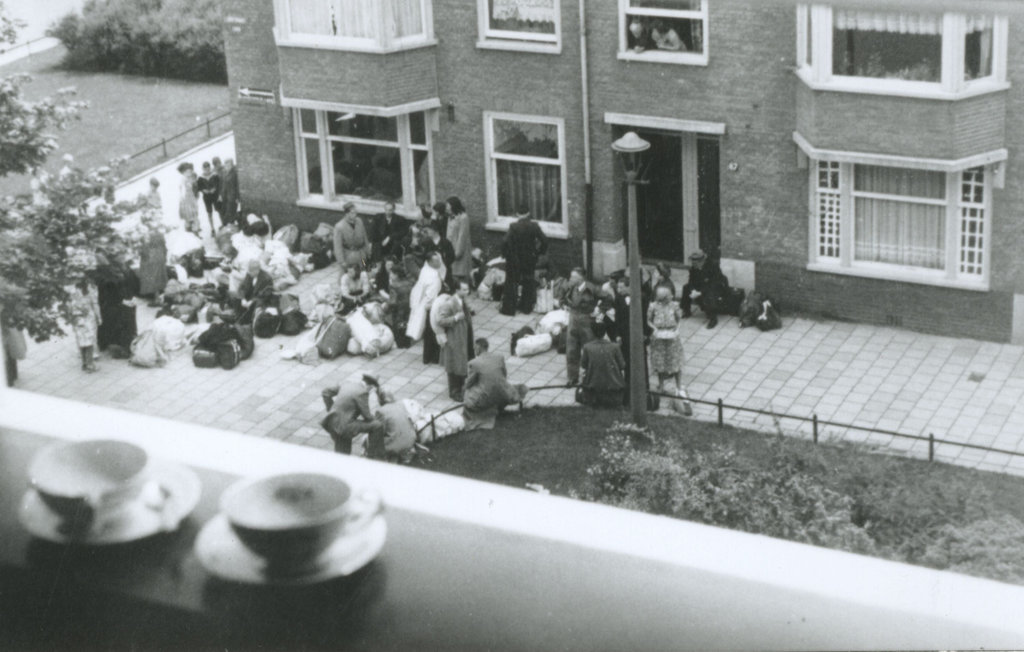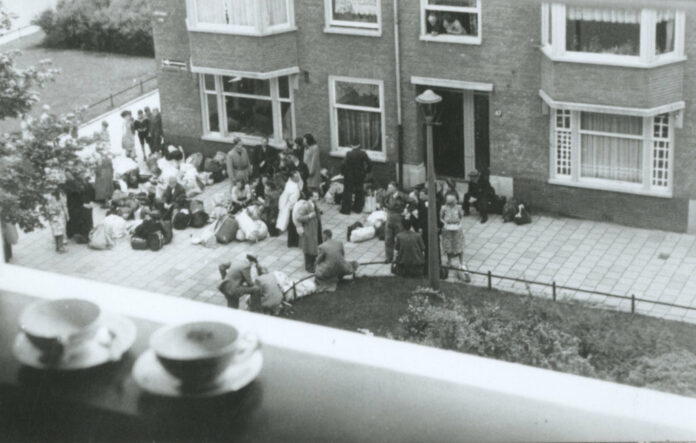When it comes to the conflict between Israel and Gaza the views of a tiny country -and its inhabitants- at the bottom of the world really shouldn’t matter. But having witnessed recently even in my regional town a sizeable number of supposedly well-intentioned folks marching and chanting “Palestine will be free, from the river to the sea”, it’s clear this is an issue many of us feel deeply about, even 16,000 kms away from the conflict.
I got involved in politics in a Labour Party that was in the 1970’s a strong supporter of the nascent Israeli state. The NZ Labour Party and the Israeli Labour Party were both members of Socialist International and had strong ties demonstrated, for example, by the Israeli Labour Party providing the chief adviser to Norman Kirk (NZ Prime Minister 1972-74), Zvi Harmor. One of the results of these close ties was the establishment of ohu by the Kirk Government, public land made available for alternative lifestyle communities, modelled on the Israeli kibbutz. None survive, incidentally.
The kibbutz model at the heart of the Israeli experience spoke to the Left’s idealism and the possibilities of a different, more egalitarian way of living. Israel was the struggling underdog then, and adding to the romanticism Israel had, to quote the late Rabbi Sacks “taken a barren land and made it bloom again”.
But then Israel began to win wars and started to look less like the underdog. The bullish Menachem Begin’s election as the first non-socialist Israeli Prime Minister in 1977 made it more difficult for the Left to defend Israel.
The Left has gradually abandoned Israel ever since, to the extent that -to quote the title of a book by British writer Robin Shepherd exploring why Israel had become the subject of such vitriole- Israel has become “A State Beyond the Pale”. Nowhere has this been more graphically illustrated than in the British Labour Party. Former Labour Prime Minister Harold Wilson -an avowed Zionist- wrote “The Chariot of Israel” in 1981, but by 2015 Labour had elected as its leader one of the most rabidly anti-Israeli politicians in the western world, Jermy Corbyn. Now, in New Zealand, to be on the Left it seems -if the kaffiyeh wearing antics of Labour and Green MP’s of late are any indication- to be anti-Israel has become an integral part of the Leftist creed.
The Left has found a new underdog to replace the Jews -the Palestinians- in spite of the fact that the treatment of gay people, women, and political opponents wherever Palestinians have control is barbaric. Israel is one of the most gay-friendly countries in the world but this appears to matter little to those who find the Israel-Palestine conflict fitting so neatly into a polarised good vs evil narrative that simplifies the complexity of the real world.
For me, none of this detracts from a picture that haunts me. The photograph is of a scene outside an apartment block in suburban Amsterdam eighty years ago. Jews are gathered outside on the pavement, about to be sent to the Westerbork transit camp from where they were to be sent to the Nazi death camps. The scene is in many ways so shockingly ordinary, with residents leaning out of the windows of their modernist apartment block watching the ill-fated Jews gathered with their baggage on the pavement as if farewelling neighbours departing on a coach tour. Three quarters of all Dutch Jews were murdered in the Holocaust.

Not a single country -even though a few, like Denmark attempted- were able to save their Jewish populations from the Nazis, and most didn’t even try (many actually aided the Nazis in the destruction of their Jewish populations). New Zealand was not atypical in allowing very few Jewish refugees into our country, leaving Jews trapped in a Europe where a homicidal Nazi regime and its allies became intent on their destruction.
The Holocaust was the greatest crime in history. The need for a safe haven for Jewish people was subsequently recognised when the United Nations -with New Zealand’s support- voted to create the state of Israel in 1948. The fact that most Kiwis are about to celebrate the birthday of a Jew who lived in what is now Israel more than 2000 years ago confirms the legitimacy of the historic Jewish claim to what remains a tiny slither of land in the Middle East.
The world’s Jewish population of sixteen million -seven million of whom live in Israel- has just reached pre-Holocaust numbers again, in a world of nearly two billion Muslims, and more than two billion Christians. The current resurgence of antisemitism across the globe confirms more than ever the need for a nation where Jews can be safe. Every time a protester effectively chants for Israel’s destruction with “from the river to the sea”, it confirms the relentless battle against the right of Jewish people to exist and makes the case for a safe homeland for Jewish people even stronger.
Dr Stephen Rainbow



